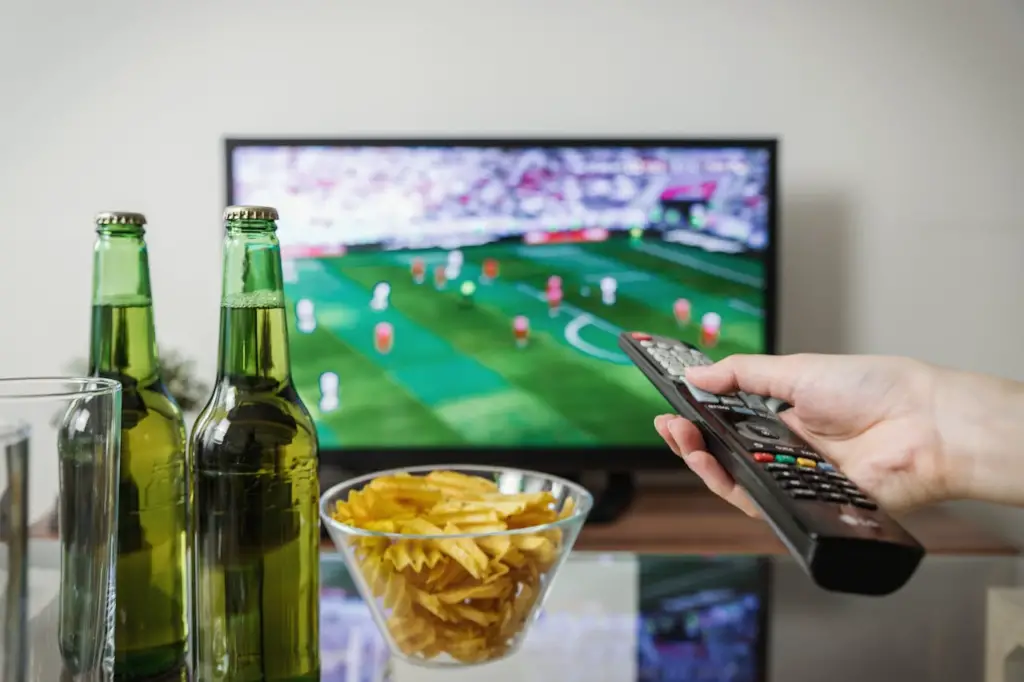The non-alcoholic beer market has increased dramatically over the last few years, and is worth around $20 billion worldwide.
There have been many reasons for its rise, from people choosing healthier lifestyles to being more suitable for drivers, while many people who have gone through alcohol rehab are switching to it as a coping mechanism. But in the case of the latter, is that wholly a good idea?
While many may feel like switching to non-alcoholic beer to combat alcoholism, it can prove problematic and should be considered very carefully. Here’s why…

It Can Be a Trigger for Cravings
For those that have been through the alcohol addiction treatment process, the mere taste or smell of beer can be a powerful trigger for cravings. Essentially, non-alcoholic beer replicates the experience of drinking ordinary beer, of course without the alcohol, and that can promote a psychological response where the body begins to want the real thing.
This can make it really difficult to maintain sobriety, with even the likes of holding up a glass with beer-like qualities becoming difficult.
It Can Undermine Your Commitment to Sobriety
There’s a huge importance on the commitment to sobriety. It’s a decision that will involve leaving substances behind, but also certain behaviours and other parts of your life. By drinking non-alcoholic beer, it can lead to mixed messaging with yourself, as well as others, on your commitment to sobriety.
Ultimately, it can then heighten the chance of relapsing in recovery, while it may also lead to awkward situations with others you may not know, with them confusing it for alcohol and potentially even buying you a drink, which is a situation you certainly don’t want to find yourself in.
It Often Contains Small Amounts of Alcohol
Importantly, when in recovery you need to completely abstain from alcohol. But actually, not all non-alcoholic beer is fully alcohol free. In the UK, drinks with an alcohol content up to 0.5% ABV can still be labled as non-alcoholic.
For those who don’t have alcohol addiction problems, that is a negligable amount. However, for those in recovery, consuming any volume of alcohol, no matter how small, is a pathway that should be avoided.
If you are someone who wants to drink non-alcholic beer, ensure you read the label so what you are drinking is 0.0% proof.
It Can Perpetuate the Social Pressure to Drink
As we’ve mentioned already, drinking non-alcoholic beer around others can prove confusing, which can make navigating social situations more difficult. By choosing to drink 0% beer, you’re essentially reinforcing that beer is required to have a good time, albeit inadvertently.
It can make it very tricky to break out of the cycle that you wanted to leave by attending rehave and getting sober, with new social habits and interests that don’t revolve around alcohol much more effective for remaining in recovery.
There Are Better Alternatives
The good news is that there are plenty of other beverages available that don’t carry the potential risks associated with non-alcoholic beer. From flavoured sparkling water and herbal teas to mocktails and kombucha, there’s no shortage of delicious and refreshing options that don’t resemble alcoholic drinks. These alternatives allow you to stay hydrated and enjoy a tasty drink without risking a slip back into old habits.
Additionally, choosing different types of drinks can help reinforce your new sober lifestyle and create positive associations with staying alcohol-free. Trying new non-alcoholic beverages can also be a fun way to explore different flavours and discover new favourites that don’t remind you of your past drinking habits.










